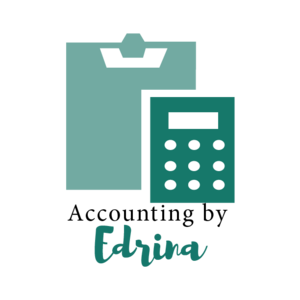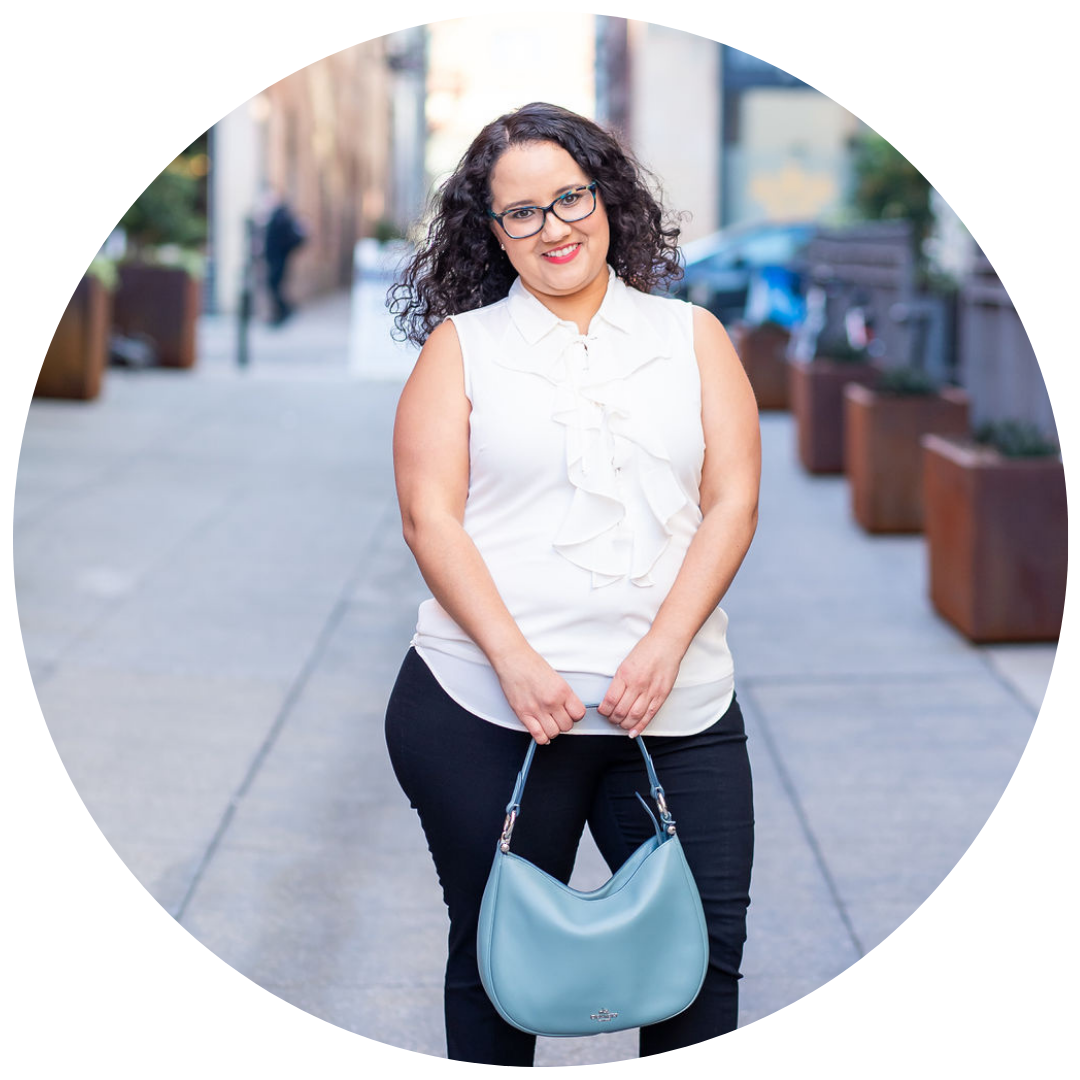How To Budget After A Pandemic
How to budget after a pandemic…
Anyone else get the sense that life will very soon resume back to what we know as normal? I know things won’t be like 2019, because we may in fact have been changed by the pandemic. As more and more people get vaccinated, it definitely feels like we’re all a bit ready to emerge from our homes and start returning to what we knew as a normal life. In this blog post we’ll review how to budget after the pandemic.
LIFESTYLE CREEP
The very first thought that comes to mind is lifestyle creep. Lifestyle creep is the idea that as discretionary income increases your expenses will increase at the same rate. Think of this in terms of getting a salary increase. When you initially get a salary increase you start to think about all the things you can *now* do with this raise. Maybe that means going out to happy hour with coworkers, or out to dinner more frequently than before. Maybe it means grabbing a coffee out every morning, rather than just some mornings. Making ourselves aware of lifestyle creep is our first step in tempering our expectations of how we will spend after the pandemic.
MONTHLY SUBSCRIPTIONS
One of the things I talked about last year was the idea that we should be reviewing our recurring monthly expenses. Mostly referring to all of the subscriptions that we are charging on our credit cards since they are automatically renewed on a recurring basis (monthly, annually, etc.). These are the areas where we tend to see a lot of lifestyle creep as well. I’m talking meal kit and boxed deliveries, Amazon, Audible, Netflix, Hulu, Disney+, and the list really can go on! Taking time to reevaluate those recurring charges on a monthly basis is really going to save you a lot of extra money. Think about how we will be moving forward, we may find ourselves driving out to more places, and therefore have less time sitting at home binge-watching our favorite shows over and over again.
DINING OUT
When the pandemic hit in March 2020 my boyfriend and I made the decision that we would not eat out as much so we could save cash for any potential upcoming emergency. Our budget for dining out was very low compared to previous years where we did not necessarily abide by a strict dining out budget. During the first couple of months during this year we were able to keep things about the same, maybe slightly higher. But, come March 2021 - we spent 42% more money on dining out than we had in previous months. I’m guessing this is probably the same for you as well! So, as we emerge back into the world, let’s make sure that when we make a choice to dine out, it’s already captured within our monthly budget. Therefore, we decided that we would put a halt to spending for the remainder of April. But, even that seems hard for us to do because it does feel like real excitement to be able to go back to (what we knew as) “normal”.
Start now, and start to budget accordingly. If you have a reduced income from prior years, you will need to take that into consideration. Temper your expectation on a daily basis to ensure that you are not increasing your spending in categories that have a smaller budget amount. Here's what's going to be hard about this, your friends and your family are probably feeling the exact way that you are feeling when it comes to wanting to go out to eat, entertainment venues, or watching all of the subscriptions like Netflix and Hulu. Remember that we are all on a budget here and having a night where you stay in and make food for each other, or play board games, could be as fun, or maybe even a little bit more fun because you wouldn't have to be waiting in line!
Try to weave in times where maybe you’re not going to a meal together, but an afternoon coffee, or dessert instead of out for dinner and dessert. I think creating these boundaries will actually help you become more creative with the resources that you do have. Try to think in terms of a trade off, and remember to always check in with your budget before you spend the money, to make sure you have the money available for you to actually spend it.
RETAIL THERAPY
The past six months were extremely hard for many people, including myself. Not only did a loved one pass from Covid, but the beginning of a new year is always busy for my field. People start to think about their finances, and getting their taxes done. I generally have an uptick in inquiries for accounting and bookkeeping.
Earlier this year I started feeling the urge to do retail therapy. I was wearing down a lot of my clothes and really needed work from home attire (comfy/cozy clothes) since I hadn’t gone shopping since . . . I mean, in all honesty it could very well have been 2016 (a very long while). I also started to feel the urge to spend the money I had been saving in 2020. It’s almost like I needed to make up for lost time not spending money - what a paradox! That is how I became aware of my “retail therapy” shopping trips.
Making myself aware of the fact that I was doing retail therapy is the first step in recognizing that I was having a hard time in life. When we start to dig in a little bit deeper into why we are compelled to do something, that’s when we are able to get to the root cause. You see, just because we've had a rough year doesn't mean we can go hog wild in spending money. That’s when we come back to the facts. What is my budget for spending? What is my clothes budget? What is my entertainment budget? Is there any room in these budget categories?
For me, there certainly was room, but that’s not to say that’s always the case. In 2019 I spent a whopping total of $83.95 on clothing. I had not been giving myself a clothing budget as a means to afford myself to own a business - there is a give and take that needs to happen occasionally. But let me tell you, in the past 6 months I’ve spent a total of $490.19 on clothing. From 2019 to 2020 that’s an increase of 426%. Pretty laughable, right? But that’s one small piece of the puzzle. The other areas in my spending that I would consider variable (i.e. dining, entertainment, gifts, health & grooming, household, travel, and groceries) have all decreased by an average of 45% from 2019 to 2020.
When I think of my spending in terms of comparing a pandemic year to a regular spending year and how my spending was down overall by 41% it got me thinking about how your budget might be looking very similar too. And also, how you might be feeling the urge to do retail therapy right about now. With this in mind, I have a few tips for you when it comes to retail therapy:
Dig deeper to find the root cause of your urge to spend
Review your spending year over year and see if you do have the room in your budget
Make a plan for your budget and when you’ll be spending
Find the best sales prices/outlet prices to get the most bang for your buck





